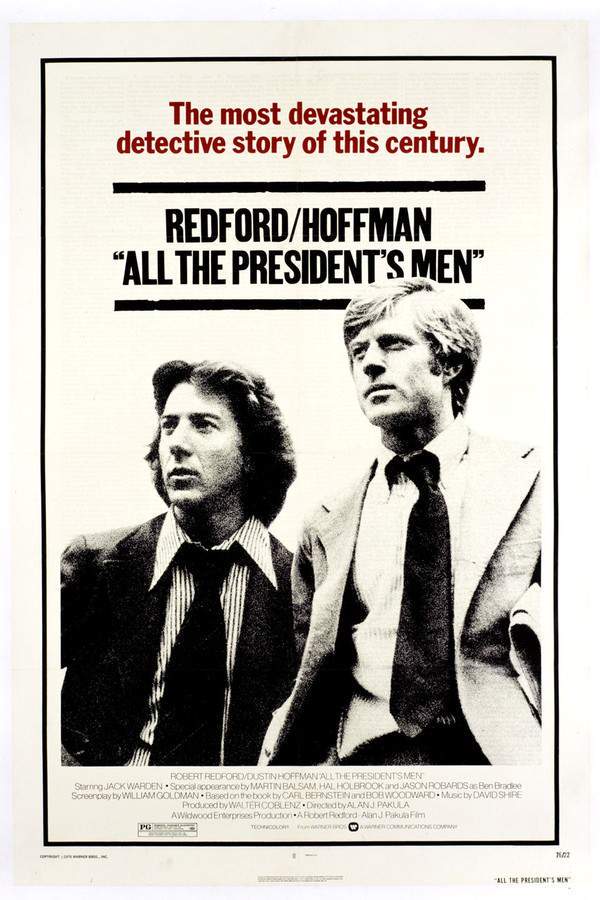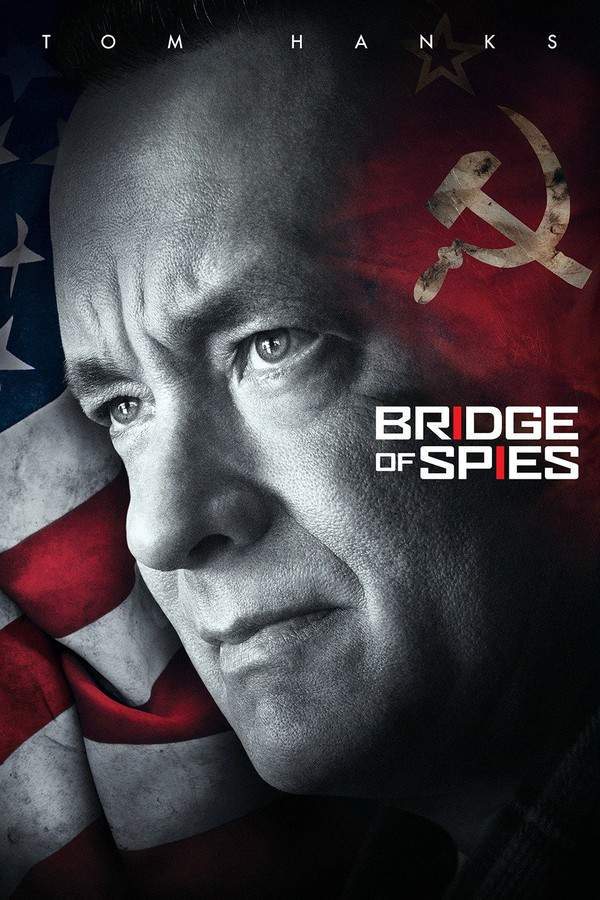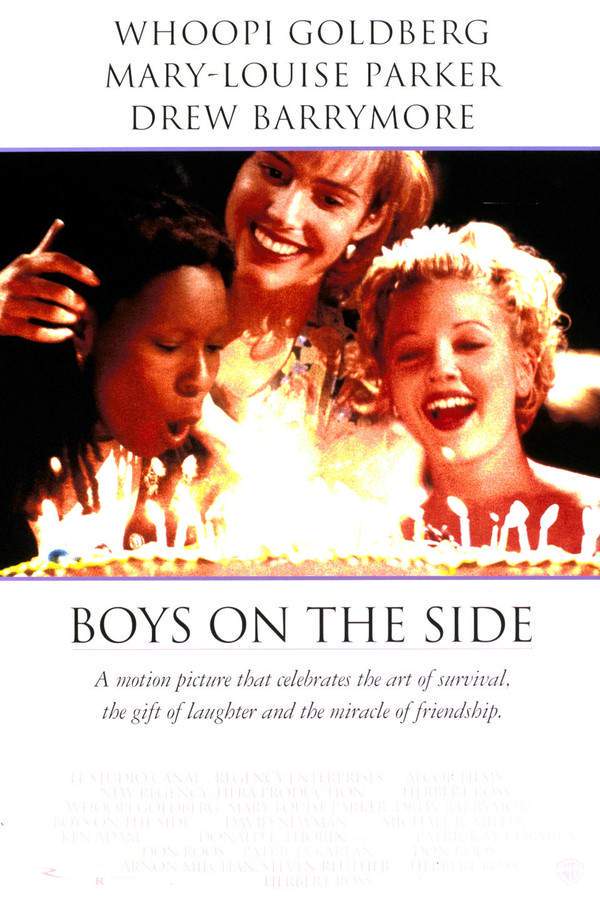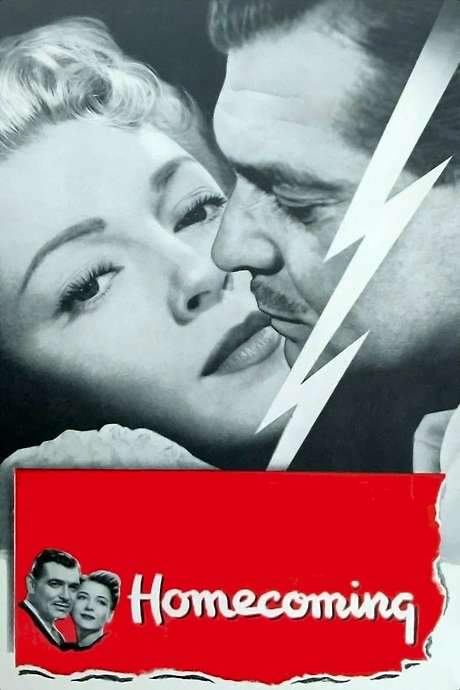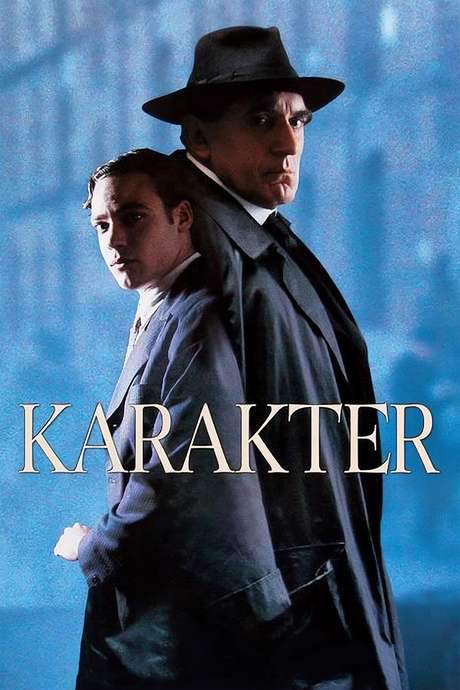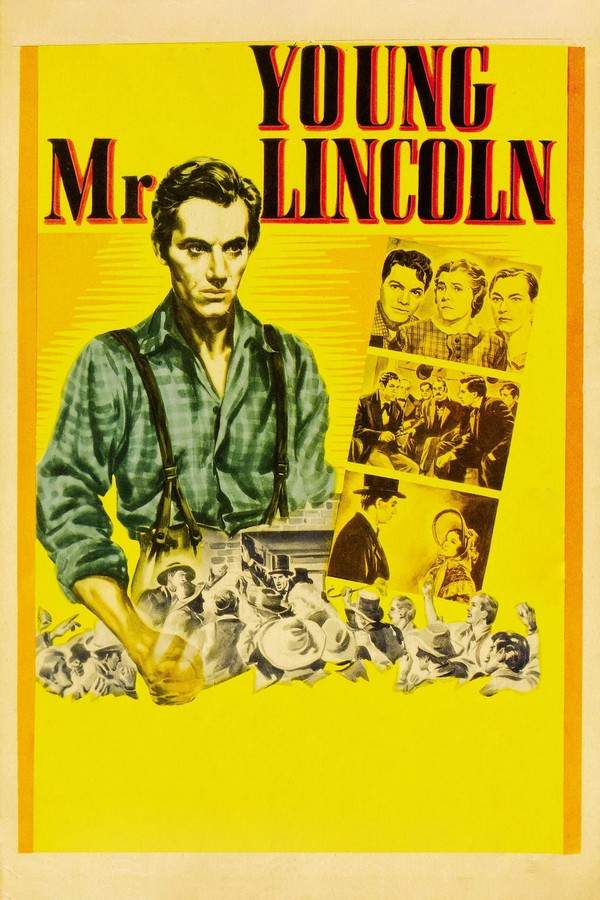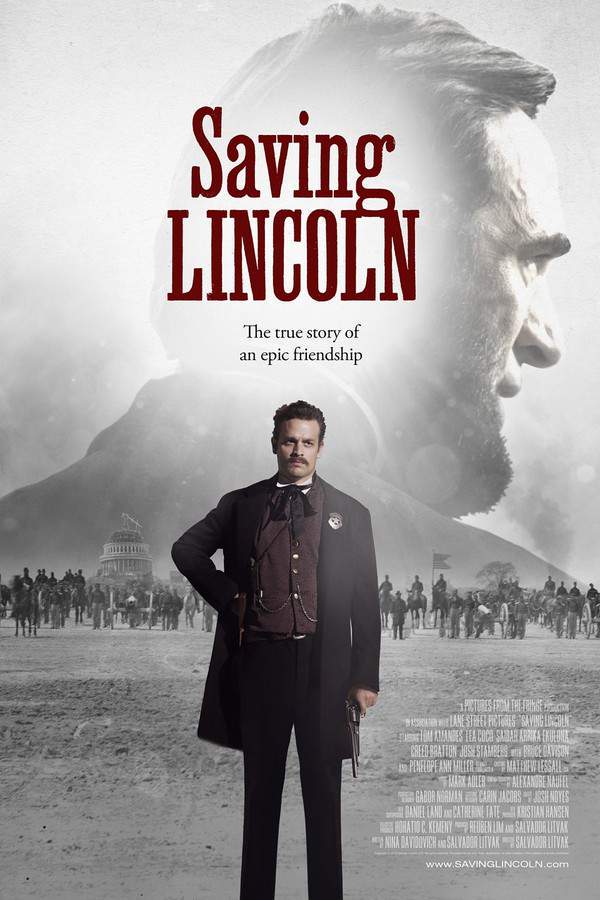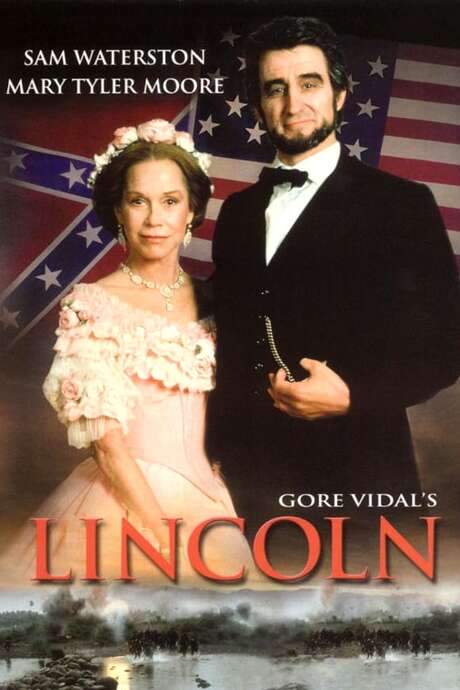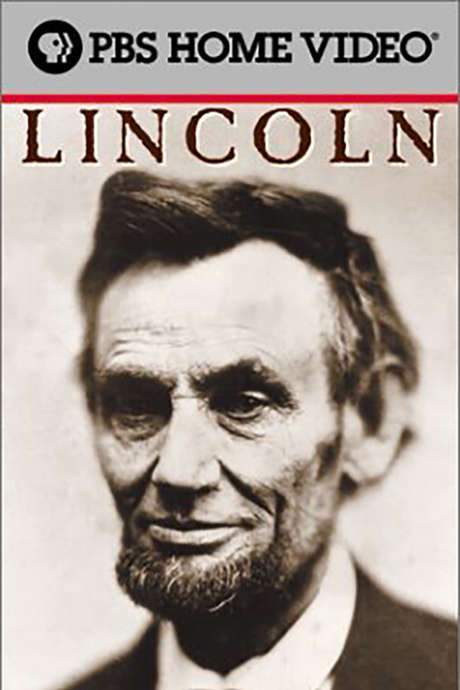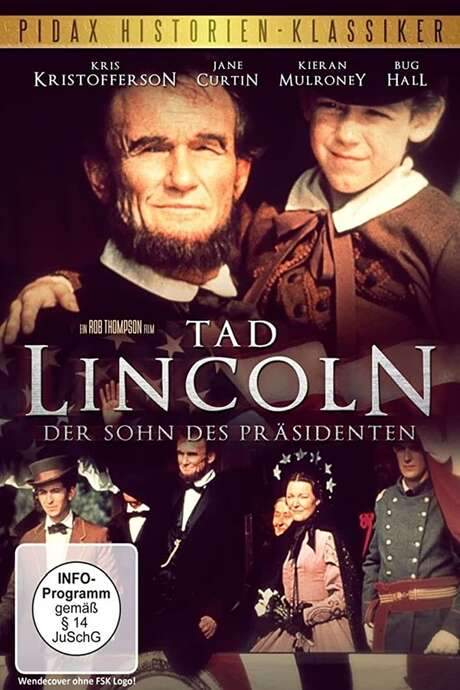
Lincoln
Year: 2012
Runtime: 150 min
Language: English
Director: Steven Spielberg
Budget: $65M
During the final months of the Civil War, President Abraham Lincoln faces immense challenges as he strives to preserve the Union and abolish slavery. He skillfully maneuvers through political opposition while pushing for the passage of the 13th Amendment, which would permanently outlaw slavery in the United States. Lincoln's unwavering commitment to his ideals and his remarkable leadership skills define a critical period in American history, leaving an enduring impact on the nation's future.
Warning: spoilers below!
Haven’t seen Lincoln yet? This summary contains major spoilers. Bookmark the page, watch the movie, and come back for the full breakdown. If you're ready, scroll on and relive the story!
Lincoln (2012) – Full Plot Summary & Ending Explained
Read the complete plot breakdown of Lincoln (2012), including all key story events, major twists, and the ending explained in detail. Discover what really happened—and what it all means.
Lincoln, played by Daniel Day-Lewis, narrates the pivotal moments of President Abraham Lincoln’s endeavors in January 1865 to secure the passage of the Thirteenth Amendment to the United States Constitution through the House of Representatives. This amendment aimed to formally abolish slavery within the nation.
As the Civil War’s end looms on the horizon, Lincoln is eager to ensure that his 1863 Emancipation Proclamation is protected. He fears that once the war concludes, the courts might invalidate it, and that the return of slave states could jeopardize the amendment’s passage. Hence, he believes it is crucial to finalize the amendment by the end of January, eliminating the risk of re-enslavement for those already freed.
However, the optimistic vision of the amendment’s swift passage clashes with the trepidation of the Radical Republicans, who worry about its potential defeat by those determined to obstruct it. Moments of uncertainty arise, particularly among border-state Republicans, as they grapple with resolving the war before committing to abolishing slavery.
Virtually all support hinges on several Democratic congressmen, especially with many Democrats recently becoming lame ducks after their electoral defeats in the fall of 1864. While some of Lincoln’s advisors suggest delaying the amendment until the new Congress is sworn in—predictably favoring Republicans—Lincoln stands firm, determined to address the issue of slavery before welcoming the southern states back into the Union.
Lincoln counts on the steadfast support of Francis Preston Blair, the founder of the Republican Party. Blair’s influence is crucial in swaying the conservative Republicans from western and border states. As a potential Union victory feels increasingly imminent, Blair expresses a desire to initiate peace talks with the Confederate government, complicating Lincoln’s efforts, as many within the Radical Republican faction would vehemently oppose any peace that leaves slavery unchallenged.
Recognizing that he requires Blair’s backing, Lincoln acquiesces to this request, aware that many Radical Republicans are staunchly against negotiating peace unless it ensures an end to slavery. Meanwhile, Lincoln and Secretary of State William Seward (portrayed by Stephen Henderson) work tirelessly to negotiate vital Democratic votes.
Lincoln proposes targeting the lame duck Democrats, emphasizing their newfound freedom to vote without the burden of reelection in mind, positioning potential federal jobs as an inducement. Even though outright bribes are off the table, agents are discreetly contacting Democratic congressmen, hinting at jobs in exchange for favorable votes.
As preparations for the crucial vote unfold, Lincoln instructs that Confederate negotiators be kept away from Washington. Just before the vote, Thaddeus Stevens (played by Tommy Lee Jones) moderates his rhetoric on racial equality, hoping to bolster the amendment’s prospects. Unforeseen rumors surface regarding Confederate representatives in the capital, inciting calls from both Democrats and conservative Republicans to defer the voting process.
Lincoln, maintaining a delicate balance, categorically denies the presence of such envoys—technically true, as they have been barred entry—and the vote eventually proceeds, resulting in a narrow passage by a margin of two votes. Following this momentous occasion, Lincoln meets with the Confederate representatives, affirming that slavery’s restoration is unequivocally off the table as the North unites for the amendment’s ratification.
The narrative then transports us to a grave yet powerful month later, highlighting Lincoln’s presence at the battlefield in Petersburg, Virginia, where he exchanges words with General Grant. In quick succession, Grant receives General Lee’s surrender at Appomattox Courthouse, marking a significant turning point.
On the fateful evening of April 14, 1865, while Lincoln engages with his cabinet on measures to enfranchise African Americans, he is reminded of an evening planned at Ford’s Theatre. That night, as his son Tad Lincoln enjoys a performance of Aladdin and the Wonderful Lamp at Grover’s Theater, a harrowing announcement disrupts the cheers—Lincoln has been shot. The following morning, his physician confirms the tragic news of his death. The film poignantly concludes with a reflective flashback to Lincoln’s second inaugural address, encapsulating the weight of his legacy.
Last Updated: November 16, 2024 at 14:09
Explore Movie Threads
Discover curated groups of movies connected by mood, themes, and story style. Browse collections built around emotion, atmosphere, and narrative focus to easily find films that match what you feel like watching right now.
Intense Political Thrillers like Lincoln
High-stakes political dramas where words and deals are the ultimate weapons.Discover movies like Lincoln that capture the high-stakes tension of political strategy. If you enjoyed the procedural drama and moral weight of passing the 13th Amendment, you'll find similar stories of leadership, negotiation, and historical consequence in these films.
Narrative Summary
The narrative typically follows a central figure or group working against a ticking clock to achieve a landmark political or legislative goal. The conflict is driven by opposing factions, public opinion, and the immense pressure of leadership, with success often measured in procedural victories rather than physical battles.
Why These Movies?
These films are grouped by their shared focus on political process as the primary source of drama. They feature a steady, dialogue-driven pace, a consistently tense tone, and a heavy emotional weight derived from the monumental consequences of the decisions being made.
Bittersweet Historical Dramas like Lincoln
Profound historical dramas where great triumphs are shadowed by personal cost.Explore bittersweet historical dramas like Lincoln, where monumental victories are intertwined with personal tragedy. If the film's mix of landmark success and profound loss resonated with you, these movies deliver similar emotional journeys set against pivotal moments in history.
Narrative Summary
Stories in this thread follow a central historical figure or event where a significant moral or societal victory is achieved, but the conclusion is tempered by a major personal loss, tragedy, or sobering reality. The narrative arc celebrates progress while acknowledging its painful cost, creating a deeply reflective and nuanced ending.
Why These Movies?
These movies share a specific emotional structure: a heavy, historically significant plot leading to a bittersweet or somber conclusion. They blend a sense of hope and accomplishment with melancholy, often featuring a steady pace and a tone that is both grave and hopeful.
Unlock the Full Story of Lincoln
Don't stop at just watching — explore Lincoln in full detail. From the complete plot summary and scene-by-scene timeline to character breakdowns, thematic analysis, and a deep dive into the ending — every page helps you truly understand what Lincoln is all about. Plus, discover what's next after the movie.
Lincoln Timeline
Track the full timeline of Lincoln with every major event arranged chronologically. Perfect for decoding non-linear storytelling, flashbacks, or parallel narratives with a clear scene-by-scene breakdown.

Characters, Settings & Themes in Lincoln
Discover the characters, locations, and core themes that shape Lincoln. Get insights into symbolic elements, setting significance, and deeper narrative meaning — ideal for thematic analysis and movie breakdowns.

Lincoln Spoiler-Free Summary
Get a quick, spoiler-free overview of Lincoln that covers the main plot points and key details without revealing any major twists or spoilers. Perfect for those who want to know what to expect before diving in.

More About Lincoln
Visit What's After the Movie to explore more about Lincoln: box office results, cast and crew info, production details, post-credit scenes, and external links — all in one place for movie fans and researchers.

Similar Movies to Lincoln
Discover movies like Lincoln that share similar genres, themes, and storytelling elements. Whether you’re drawn to the atmosphere, character arcs, or plot structure, these curated recommendations will help you explore more films you’ll love.
Explore More About Movie Lincoln
Lincoln (2012) Scene-by-Scene Movie Timeline
Lincoln (2012) Movie Characters, Themes & Settings
Lincoln (2012) Spoiler-Free Summary & Key Flow
Movies Like Lincoln – Similar Titles You’ll Enjoy
Abraham Lincoln: Vampire Hunter (2012) Film Overview & Timeline
Young Mr. Lincoln (1939) Full Movie Breakdown
The Better Angels (2014) Full Summary & Key Details
Saving Lincoln (2013) Full Summary & Key Details
Lincoln (1000) Ending Explained & Film Insights
Lincoln: Divided We Stand (1000) Spoiler-Packed Plot Recap
Lincoln’s Dilemma (1000) Complete Plot Breakdown
Abraham Lincoln (1000) Story Summary & Characters
Abraham Lincoln (1930) Story Summary & Characters
Abe Lincoln in Illinois (1940) Full Movie Breakdown
Lincoln (1992) Film Overview & Timeline
Lincoln in the White House (1939) Plot Summary & Ending Explained
The Day Lincoln Was Shot (1998) Movie Recap & Themes
Tad (1995) Plot Summary & Ending Explained
The Lincoln Conspiracy (1977) Complete Plot Breakdown

